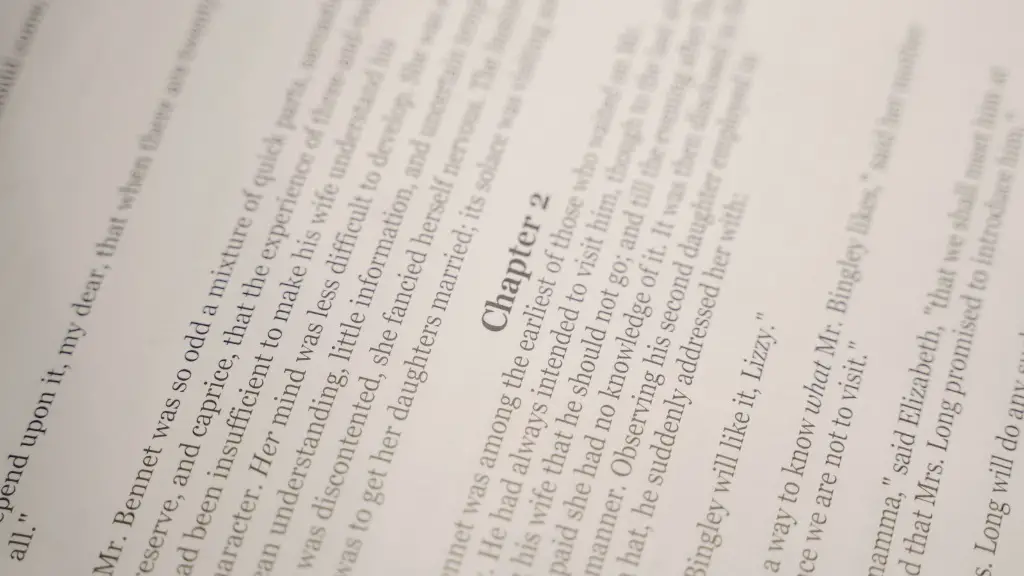Langston Hughes- An Unbridled Legacy
Langston Hughes is without a doubt one of the most prolific of African American authors and poets. He is remembered for his stirring yet simple verse and for his contributions to the Harlem Renaissance. His legacy is still felt today and his works continue to educate and captivate. Realism, modernism, and dialect are all pieces woven together to create an unrivalled and timeless body of work.
Hughes was born Mclean County, Illinois on February 1, 1902 to parents James Nathaniel and Carrie Mercer Langston Hughes. Soon after his birth his parents divorced, and he was taken to Lawrence, Kansas, to live with his grandmother. He would eventually move to Lincoln, Illinois and attend high school. After graduating in 1920, he attended Columbia University, but dropped out after only a year. He moved to New York City, and began to write seriously. After this fateful move, he soon had poetry, plays, and short stories published in magazines and newspapers.
Perhaps Langston Hughes’ most influential contribution has been in the field of poetry and short stories. He adopts a narrative style with a stream-of-consciousness feel that is vastly different than the poetic standards of his time. Instead of concentrating on elaborate verse structures, he opts for a straightforward approach that works with his subject matter to create this quasi-prose form of verse. This, paired with his writing of largely biographical pieces, has created a new and timeless form of poetry.
Hughes is rightfully remembered for his effort to document the African American struggle that people of color and the black community were facing. While he wrote about a variety of topics, it was his concept of “the blues,” a type of sorrow that comes from oppression, that was his main focus. The poem “The Weary Blues” is perhaps the epitome of this concept. It is a powerful ode to the oppressive and often hopeless feeling that African Americans were facing. The poem acts as an outcry to the public, a call to arms against oppression, and a gloomy prophecy of what would come.
Regardless of his subject matter, Langston Hughes is not a typical poet. Not only was he exploring a totally new form and structure for his works, but he was also able to empathize and bring a human element and understanding to what he was writing about. His works were meant to be both entertaining and educational, and he succeeded in telling a story in each piece he wrote. He creates vivid imagery and allows his readers to immerse themselves in his emotions with each line.
A major problem Hughes faced as an African American during his time was racism. Even with the burgeoning Harlem Renaissance, he had to advocate strongly for his works. He wrote many of his pieces in response to this discrimination, and he was not hesitant in speaking out against those who would oppress African Americans. He is widely remembered for the courage he held in these stances and his willingness to speak out against the discrimination he and others were facing.
What was Langston Hughes? He was a protestor, a teacher, and, most importantly, an artist. He gave voice to the African American struggle and educated readers on the strength and fortitude of a people who were still oppressed. His legacy will not fade and has left an indelible mark on those he has touched.
Craftsmanship
Hughes evolved the art of writing in a number of ways. He gave poetic form to everyday experiences and conversations, creating an almost musical quality to his work. He perfected a modernist style, often utilizing themes of survival, self-acceptance, and the collective experience of African Americans. His works encompass both the joy and sorrow of the collective African American experience in a manner that has yet to be replicated.
Hughes also made it his mission to intentionally educate and inform his audience. This can be seen in the specificity he puts into his topics, stories and characters. He often employs metaphor, symbolism, and other literary devices to bring to life the depth of emotion he is seeking to convey. He conjures images that are not so much deliberately painted in readers’ imagination, as they are experienced first-hand.
Intentional education was a major component of Langston Hughes’ work. He incorporated historical facts and events into his stories to give readers an accurate context and perspective of the times. He used exact details to empower the reader with the knowledge needed to fully understand the story. He often employed popular proverbs, sayings, and songs of his period, its characters, people, and their lifestyles, keeping the work within its social and political framework.
Not only was he a masterful storyteller, but Hughes was also an accomplished speaker as well. He could make a room still with his presence, and when it was time to speak, he always brought an infectious energy. This speaks to the undeniable power that only comes when an individual is passionate about his or her craft. It is clear that Hughes had immense love for writing and possessed the courage to share his innermost thoughts and experiences.
Subject Matter
The subject matter Langston Hughes wrote on was largely social and political, often painting a picture of black life in the early 20th century. He gave readers a look into African American life; the points of view experienced, prejudices faced and joys treasured. Whether he wrote of love, despair, or hope, Hughes expertly crafted intricate tales of everyday individuals and their struggles.
Racism unfortunately plays a major role in Langston Hughes’ work. While much of his work conveys sorrow and discontent, this is simply part of the story. Peppered within his stories is a hope for a better life, and an aspiration for a brighter tomorrow. His writing conveys strong and powerful messages of justice and perseverance. These are stories of action and movement, ones infused with optimism in the face of oppression.
Hughes also tackled more humanistic topics and injected them into his work. He wrote of everyday love, longing and heartache, and used his characters to create warm and tender moments. He wrote of resilience, masculinity and power, and reframed the image of African Americans in literature. He wrote of God, embracing a spirituality unique to African Americans. And all of this was done in a way only Hughes could do.
Words
Langston Hughes developed a distinct style of writing and a mastery of language that made his pieces stand out. He was able to take common language and give it an uncommon literary quality. He employed a rhythm and freshness that made his work stand above the rest. He incorporated language and idioms of the African American dialect, making his pieces unique and equally revered.
His development of the blues style of writing, heavily influenced by the spirituals of the day, enabled Hughes to create captivating works full of bold energy and meaningful implications. His precise descriptions of hardship, struggle, and sorrow empowered some and enabled readers to identify with their own experiences. Hughes was able to take these profound emotions, and communicate them through traditional musical forms and poetic structures.
Much of Hughes’ work contains a subtle sense of political activism. He believed strongly in justice and demanded the respect the African American community deserved. His words are a battle cry from a future champion of justice and progress. His work will forever stand as a demonstration of strength and courage in the face of coming adversity.
The Spirt of Langston Hughes
Langston Hughes was a special case. He understood the hardships of African Americans and was passionate about the struggle. He channeled this energy into his writing, developing powerful pieces that captivated readers. He wrote of love, pain, and sorrow and gave readers a window to the black experience of the time. His work has yet to be replicated and remain just as relevant today as they did when first written.
It is his spirit that remains today and makes his works as tangible today as they were when they were first published. His works showed the world that despite the bondage that African Americans faced they could still find courage. He survived racism and the severe criticism that came from white supremacy and the fight for equality
So what was Langston Hughes? He was a teacher and a friend, a lover and a fighter. His works were deep and meaningful, meant to empower and educate readers. He was a traveler and a storyteller and a revolutionary. He crafted a new form of poetry using blues and jazz as his template and this is what lives on now. His legacy remains as does his spirt. His work will continue to educate and captivate readers for years to come.





